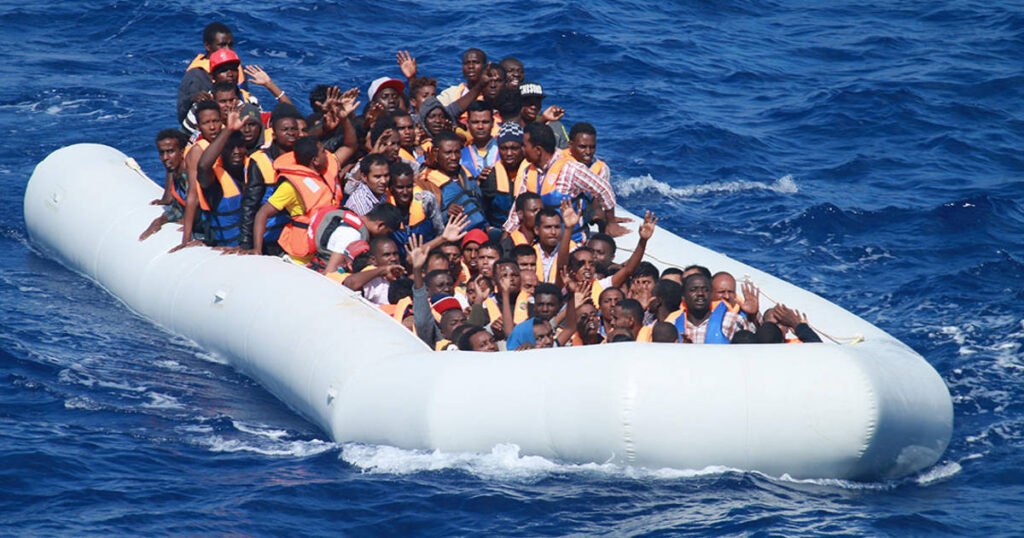Niger’s Uranium Deal With Russia: A Major Boost For Moscow’s Nuclear Power Ambitions
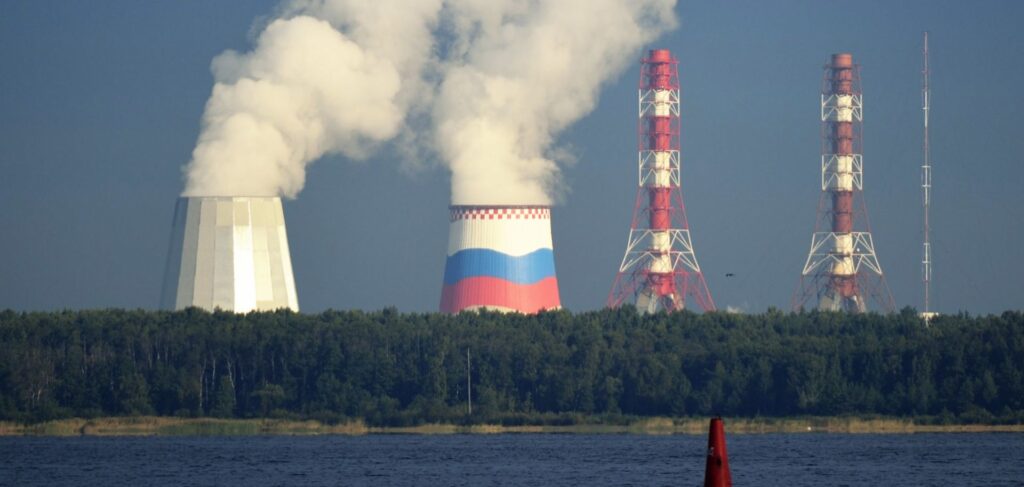
Niger and Russia came closer as a recent coup d’et’at vouched for an end to the neocolonialist ventures of France. France has actively participated in the extraction of Uranium inside Niger for the past four decades. Since, Niger’s independence in 1960 from France, 90% of the Uranium rich mines in Niger are still under the control of the French nuclear fuel cycle group Orano. Uranium import contributes to the capability of France to produce Electricity from Nuclear energy. In 2021, France generated 361 billion kilowatt-hours of electricity, accounting for 68% of their annual production.
Moreover, with the recent developments in the Sahel, with Mali and Burkina Faso taking the lead, pro-Western governments have been overthrown by military dictators as a reaction to Western dominance over African security. In Niger, on July 26th, General Abdourahamane Tiani was announced as the new head of state, days after saying they had ousted President Mohamed Bazoum in the seventh military takeover in West and Central Africa in less than three years. The rioters outside the French Embassy in Niger were a sight to behold. Nigeriens, waved the Russian flag, and chanted “Long live Russia,” “Long live Putin,” and “Down with France.” The scene was a shocking reminder of the deep resentment towards France, their former colonial ruler. Moreover, the crowd chanted for Wagner’s mercenaries group, indicating that the current population of Niger wants to break from the shackles of neocolonialism and enjoy itself as a free and independent country under the support of Russia.
 Since Niger contributes 5% to the world’s pool of uranium, it has put the world in a perplexing situation where problems can arise. According to the website of the French nuclear fuel company Orano, Cominak is a joint venture between the government of Niger and Orano in the Arlit mine and Akouta mine.
Since Niger contributes 5% to the world’s pool of uranium, it has put the world in a perplexing situation where problems can arise. According to the website of the French nuclear fuel company Orano, Cominak is a joint venture between the government of Niger and Orano in the Arlit mine and Akouta mine.
In 2019, Rosatom was granted developmental access to the Imouraren mine located in a remote and insecure part of Niger. Formerly, in 2009, Orano was granted an operating permit but, due to the ongoing global financial crisis, Orano wasn’t able to justify their investment in the mine resulting in a halt. Furthermore, in the same year, Russia pledged 2 billion dollars to Niger’s Uranium mines. The series of events led to the belief that Russia’s relationship with France may be deteriorating as Russian involvement in the Coup has raised suspicion among the European Union. While there is no evidence regarding Russia’s involvement, in 2023 at the Russia Africa summit, Vladimir Putin said “Africa has suffered for too long under the yoke of colonialism. It is time for Africa to be free. Russia is committed to helping Africa to achieve its independence.” This statement serves to be the basis of Western suspicion. Russia is filling the void left by France in Africa, but its intentions are not entirely clear. Some see it as an opportunity to help the continent develop, while others worry that it is simply a way for Russia to gain control of Africa’s resources.
Niger is Eurotom’s second largest contributor after Kazakhstan. Kazakhstan, which was once a part of the Soviet Union, is the largest exporter of uranium to Europe. Uzbekistan, Kazakstan, Niger, and Russia account for 60% of the world’s uranium supply. The above-mentioned actors are believed to be in the Russian sphere of influence. The current circumstances have produced favourable grounds for Russia to control Western dominance over Nuclear energy.

The consequences of French withdrawal would result in Niger’s full control over its uranium resources. This would give Niger more leverage in negotiations with foreign companies and governments. It would also allow Niger to benefit more from the sale of uranium.
In addition, seizing the mines could help Niger to reduce its dependence on foreign aid. Niger is a poor country, and it relies heavily on foreign aid to fund its development projects. Seizing the mines could give Niger the resources it needs to develop its economy without relying on foreign aid.
As easy as this may sound, the White House national security spokesman John Kirby said “there was still no room for intra-African diplomacy”. United States has warned Niger to remove security and other forms of cooperation to tackle Islamic State West Africa (ISWA), Islamic State Greater Sahara (ISGS), Al Qaeda in the Islamic Maghreb (AQIM), Al Murabitoun, Ansar Dine, Katiba Macina and Boko Haram, in the region.
After the Coup, while the French were able to evacuate their Nationals, it’s now for the United States to decide if they are willing to remove their drone- bases Niger. The drone base located in Niger is a 100-million-dollar project. The long hands of the Kremlin are deeply integrated with the region as Wagner’s mercenaries are being called upon to tackle Islamic Jihadists in Mali, Burkina Faso and now, a similar play is to be observed in Niger. The power display used in the cold war is being replicated in the 21st century which has raised serious concerns in the West.
Russia’s ambition in the continent will contribute to her growth in Nuclear energy. Among all the other ventures that Rosatom has embarked upon in Asia, African Sahel remains the key to economic growth. If Niger can maintain neutrality in the future, it can benefit from cooperation made between Russia and the European Union. However, if one party remains to benefit then the world will witness a series of inescapable events resulting in a nuclear arms race. The Sahel is a complex region but it is a region with great potential. If Russia is to dominate the Nuclear energy market, promoting good relations with Niger can lead to Russia meeting the world’s global Energy demands. The future of the Sahel is uncertain, but it is a region that will continue to be important to the global economy and security landscape.


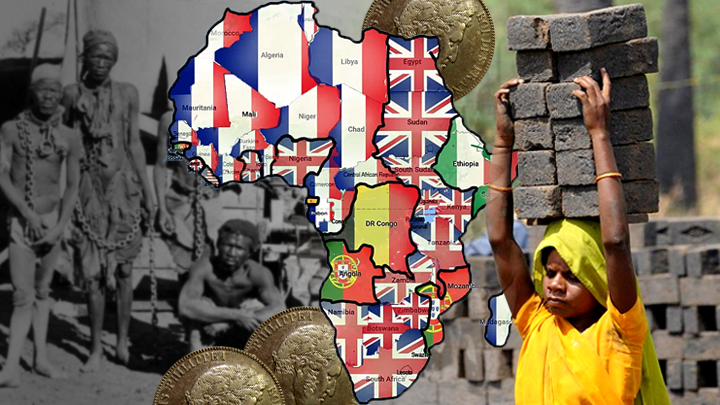
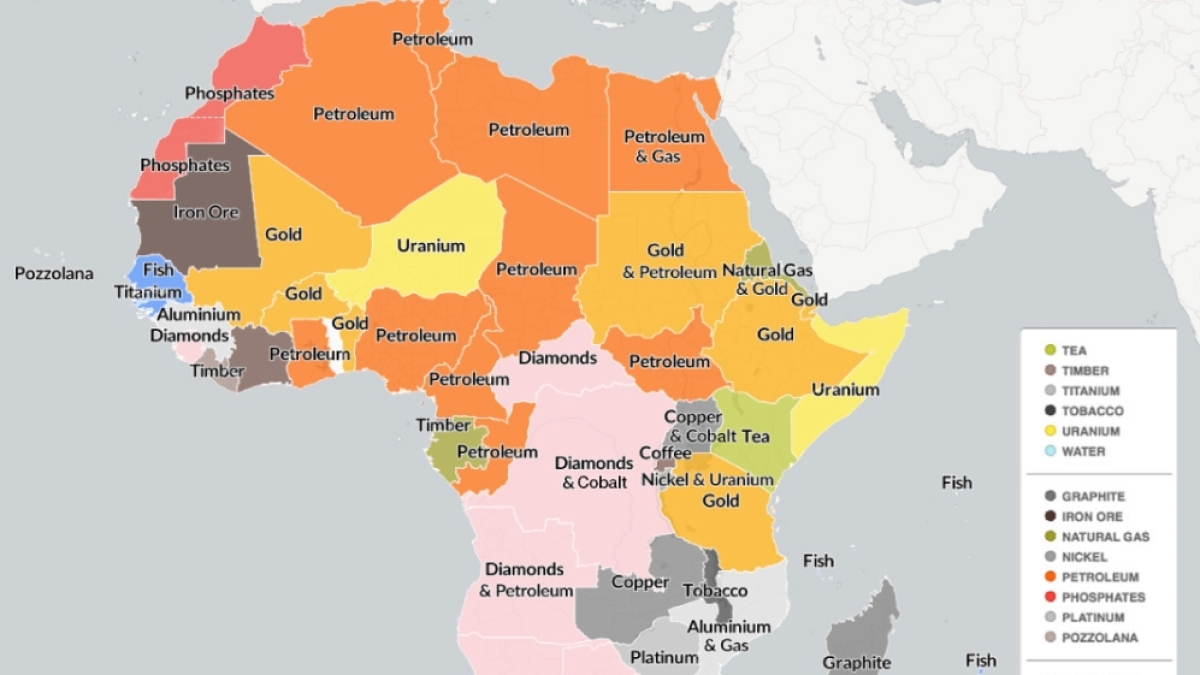

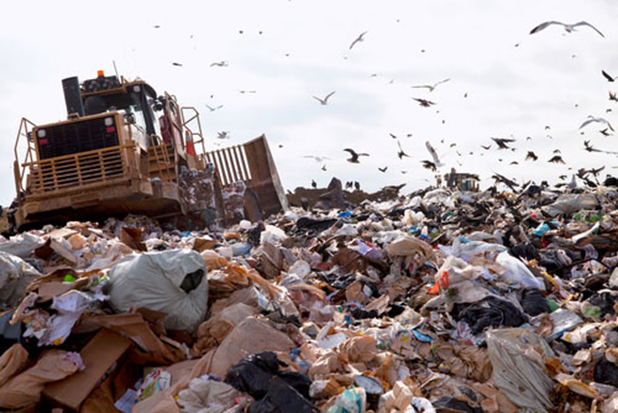
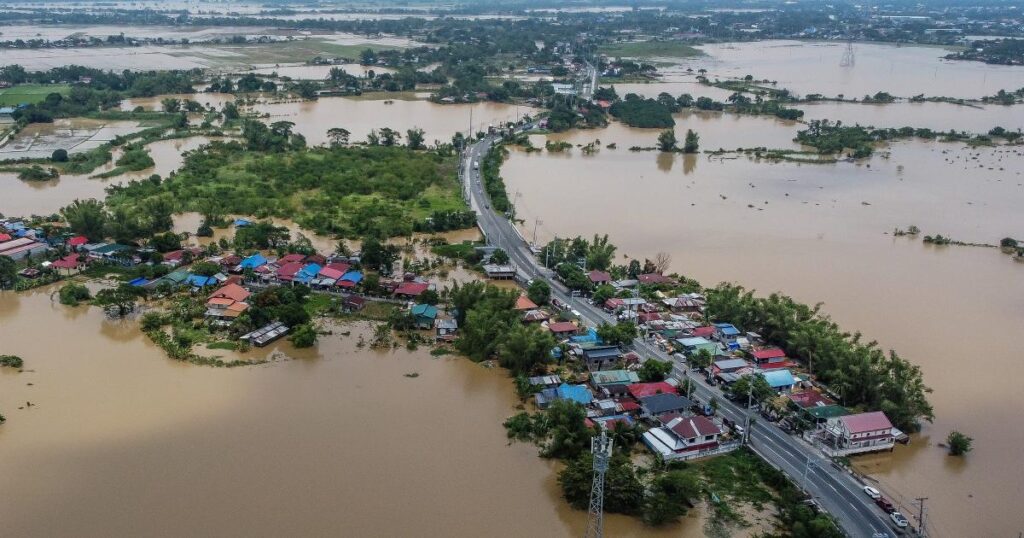
 In Africa, the most affected countries by floods in 2023 were Rwanda, Ethiopia, and Mozambique. In Rwanda, torrential rains caused flooding in western and northern parts of the country, killing more than 130 people and resulted in displacement of huge number of people. In Ethiopia, heavy rains caused flooding in the Oromia and Somali regions due to which 240,000 people were impacted and, at least 120 people died. In Mozambique, heavy rains caused flooding in the Zambezi River basin in February, killing at least 70 people and displacing over 100,000 individuals.
In Africa, the most affected countries by floods in 2023 were Rwanda, Ethiopia, and Mozambique. In Rwanda, torrential rains caused flooding in western and northern parts of the country, killing more than 130 people and resulted in displacement of huge number of people. In Ethiopia, heavy rains caused flooding in the Oromia and Somali regions due to which 240,000 people were impacted and, at least 120 people died. In Mozambique, heavy rains caused flooding in the Zambezi River basin in February, killing at least 70 people and displacing over 100,000 individuals.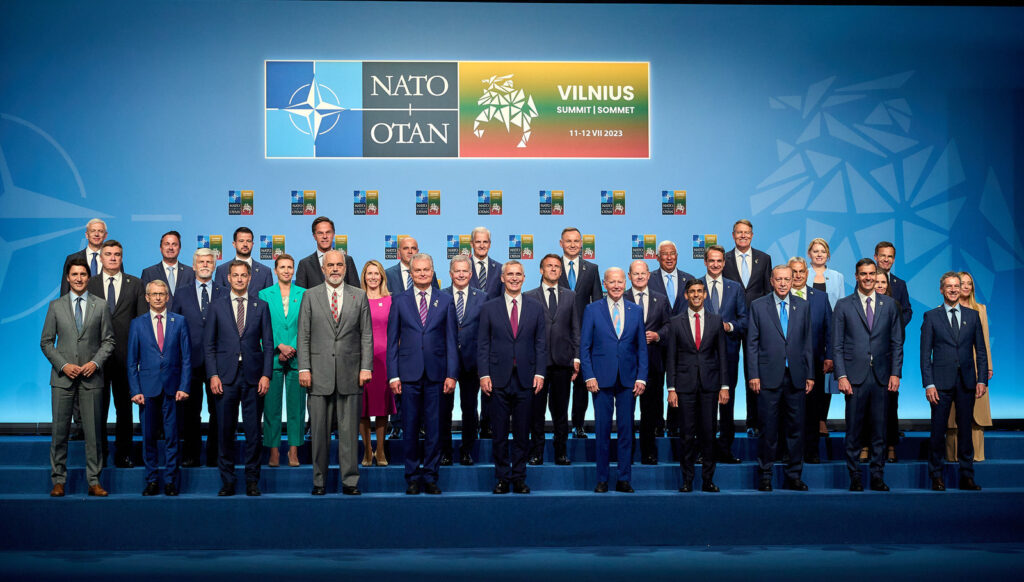
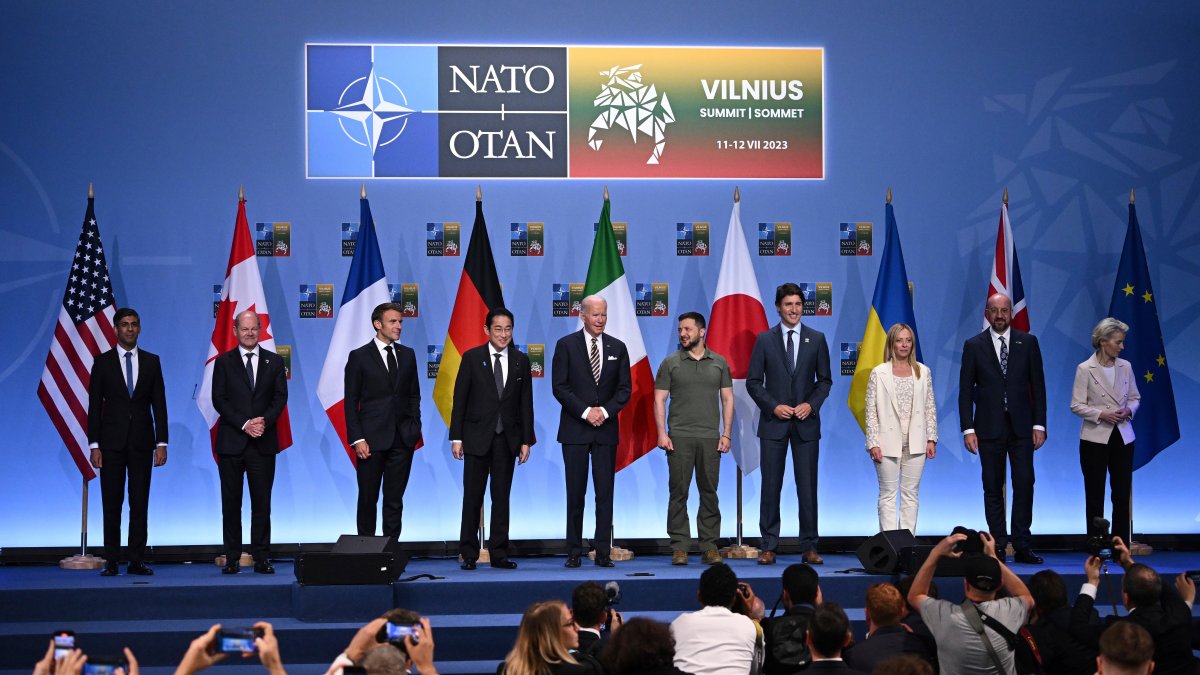
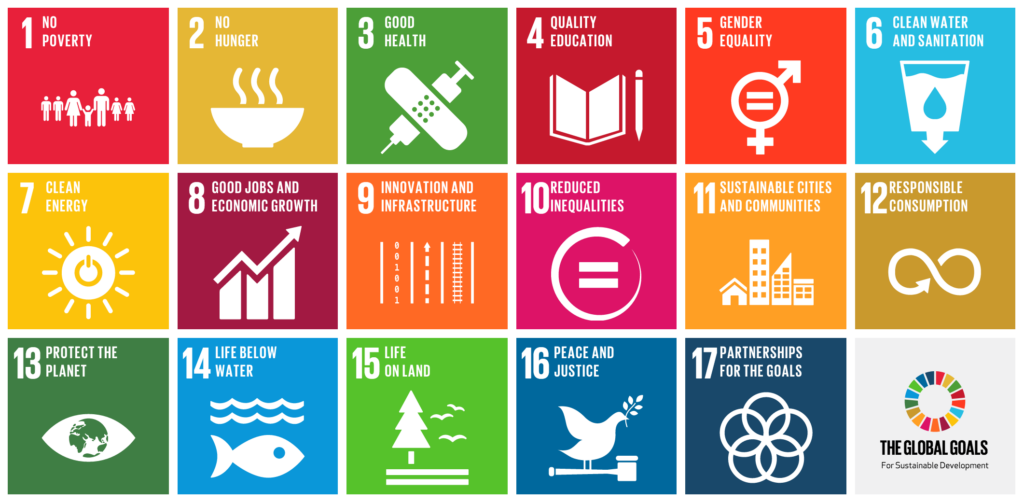
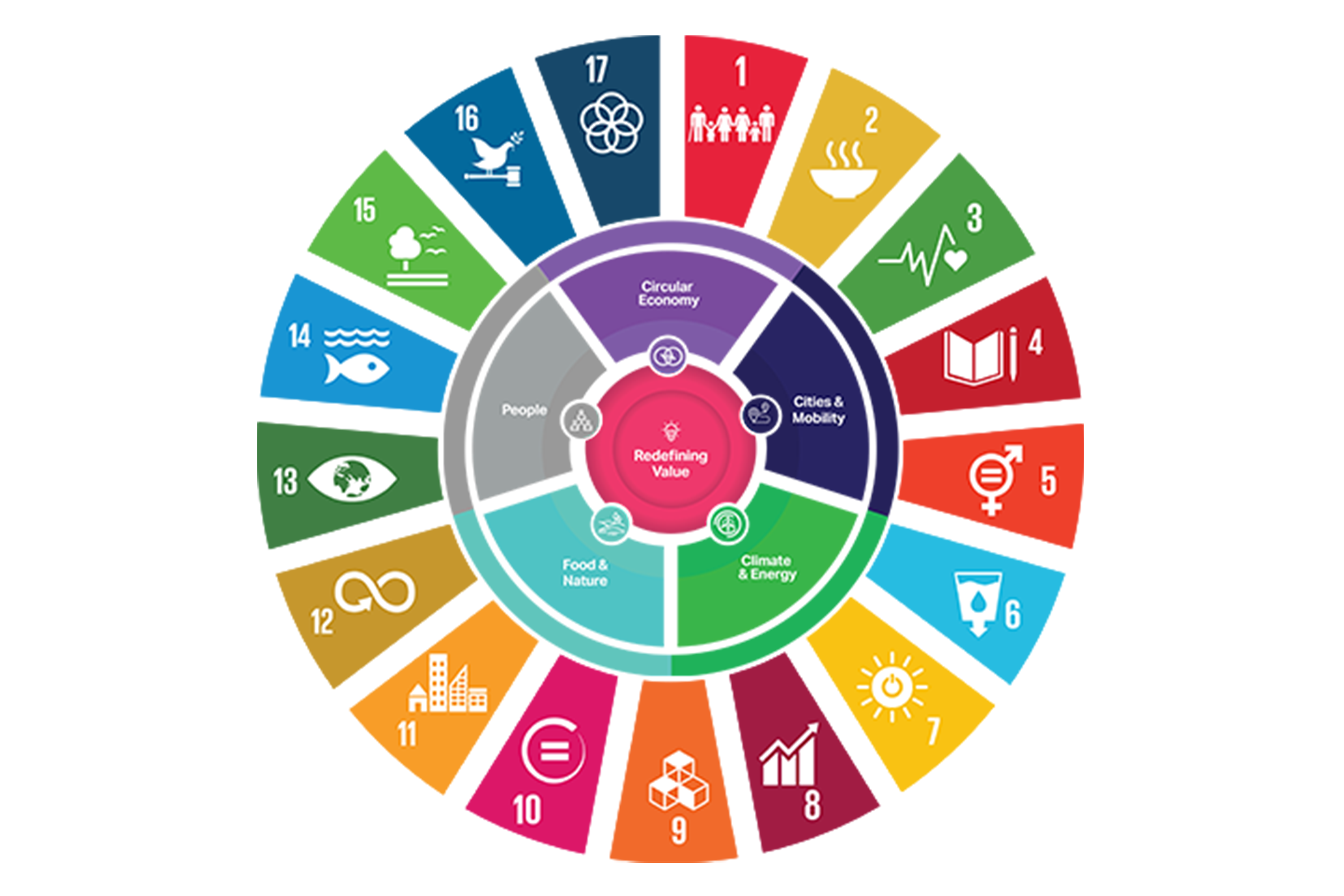
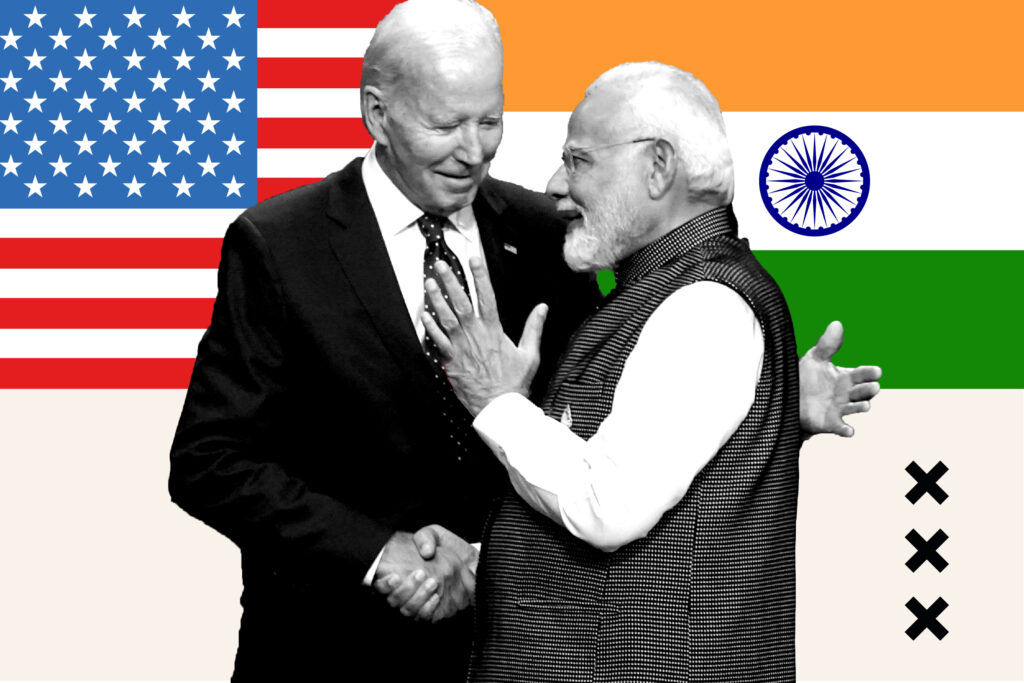
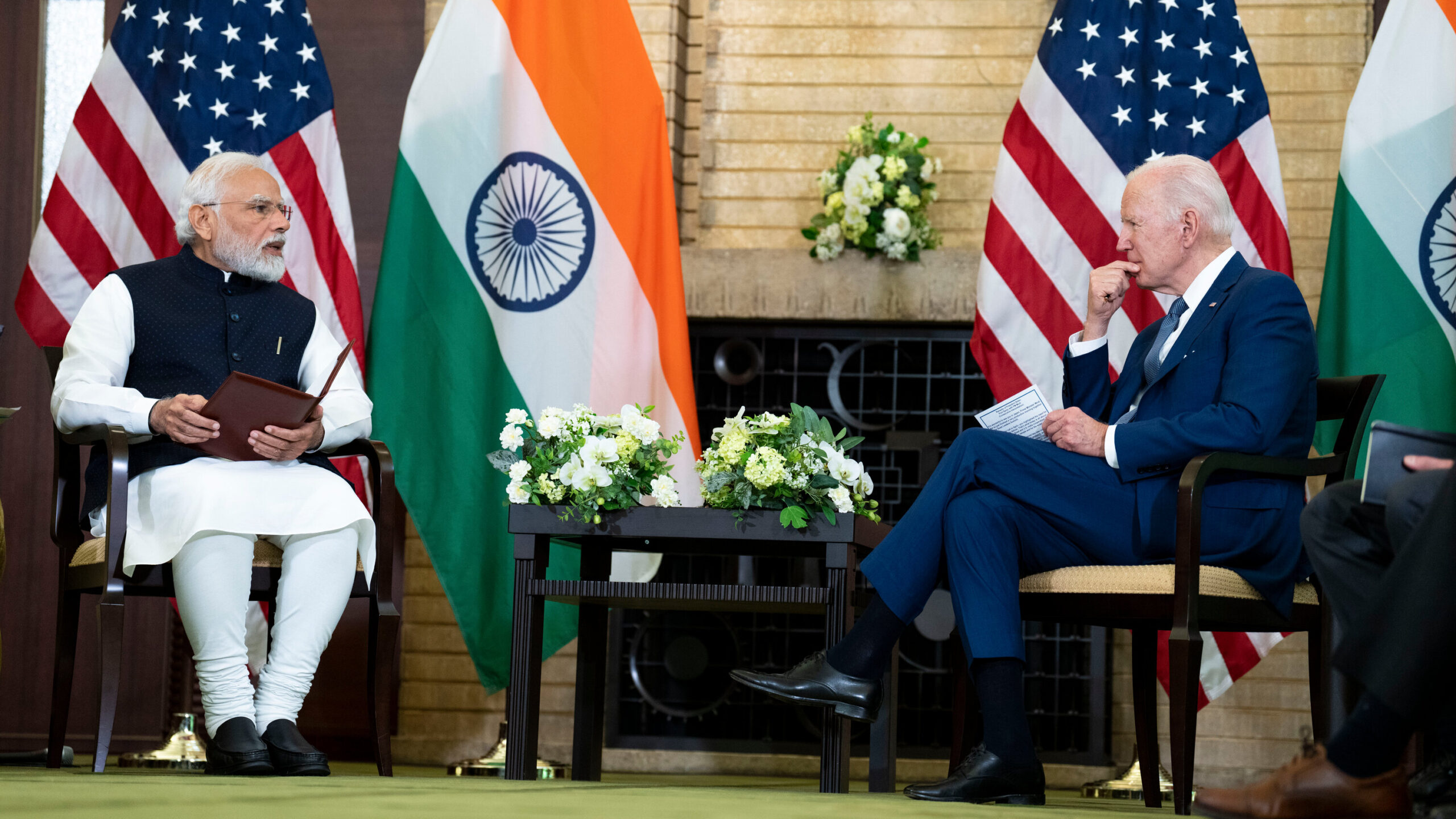
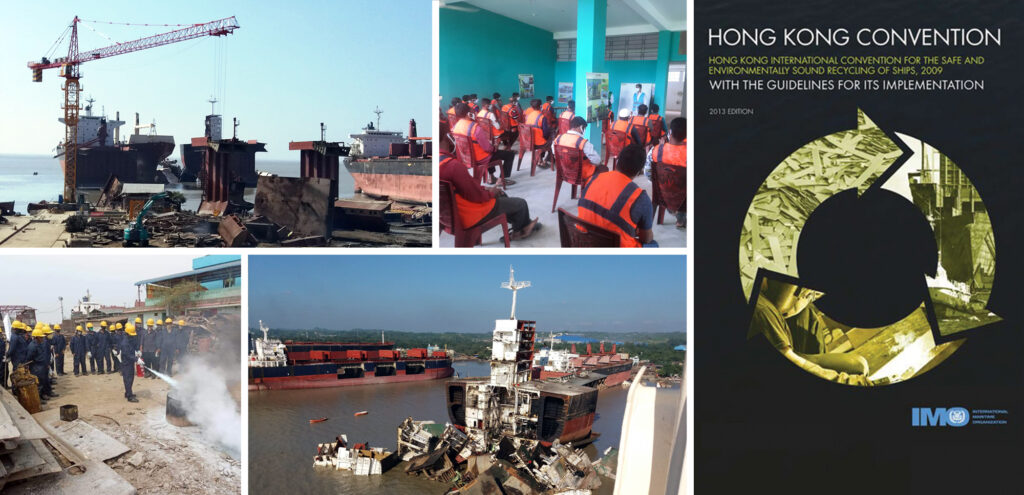
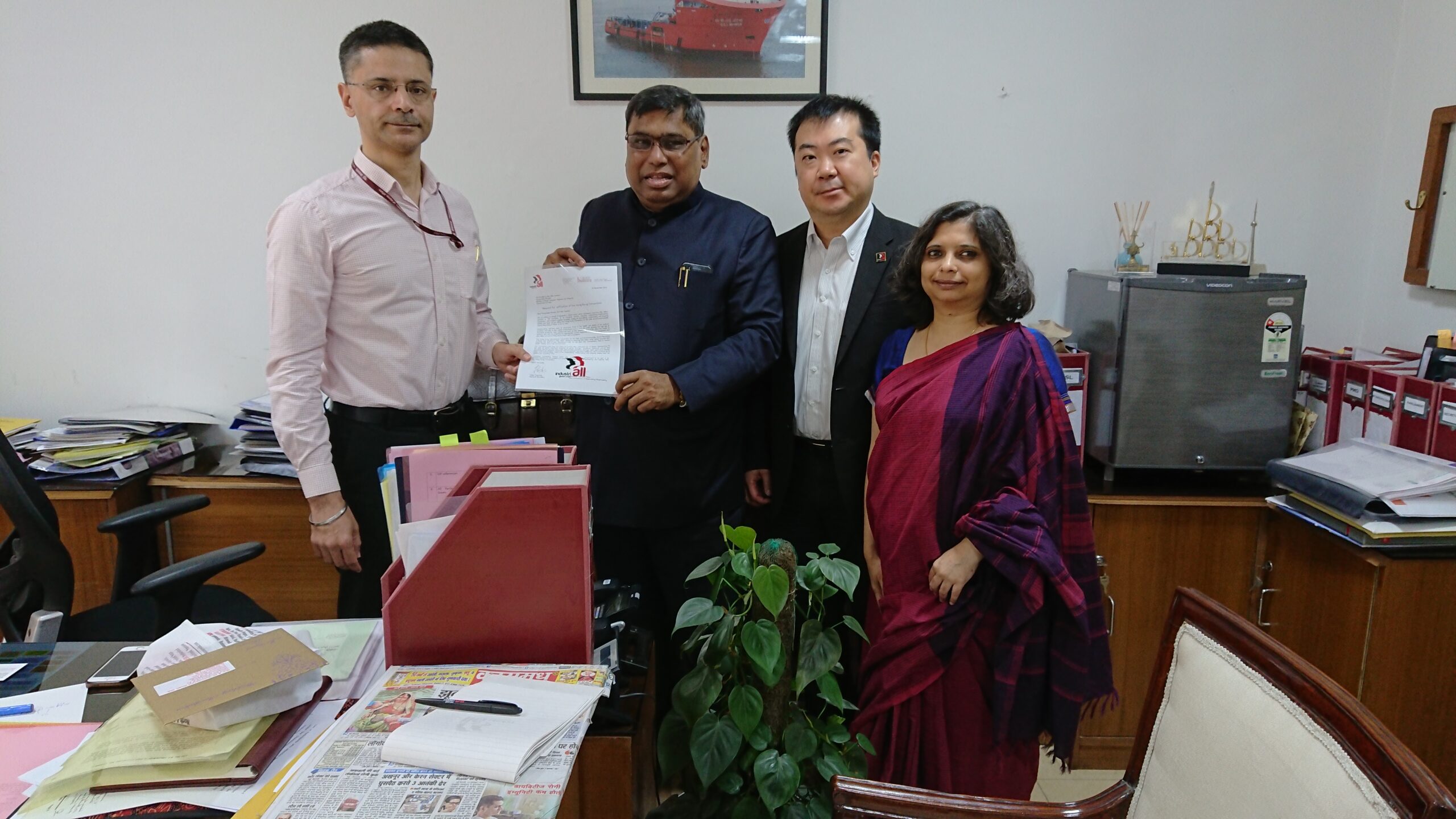 The Indian shipbreaking industry is concentrated in Gujarat and Alang, which is known as the shipbreaking capital of the world. India’s role in the HKC is important because it is one of the world’s leading shipbreaking countries. As of 2020, the country accounted for about 35% of the global shipbreaking tonnage. But, the country has been criticized for its environmental and safety practices. Therefore, the Indian Government should increase its enforcement efforts to ensure that shipbreaking yards are complying with the law. As a ratifying country, India can play a crucial role in the effective implementation of the Hong Kong Convention. With its significant share in the global shipbreaking tonnage, India has the opportunity to lead by example and set safety measures for shipbreaking workers as well as high standards for ship recycling practices in order to make a significant positive impact in shipbreaking industry.
The Indian shipbreaking industry is concentrated in Gujarat and Alang, which is known as the shipbreaking capital of the world. India’s role in the HKC is important because it is one of the world’s leading shipbreaking countries. As of 2020, the country accounted for about 35% of the global shipbreaking tonnage. But, the country has been criticized for its environmental and safety practices. Therefore, the Indian Government should increase its enforcement efforts to ensure that shipbreaking yards are complying with the law. As a ratifying country, India can play a crucial role in the effective implementation of the Hong Kong Convention. With its significant share in the global shipbreaking tonnage, India has the opportunity to lead by example and set safety measures for shipbreaking workers as well as high standards for ship recycling practices in order to make a significant positive impact in shipbreaking industry.